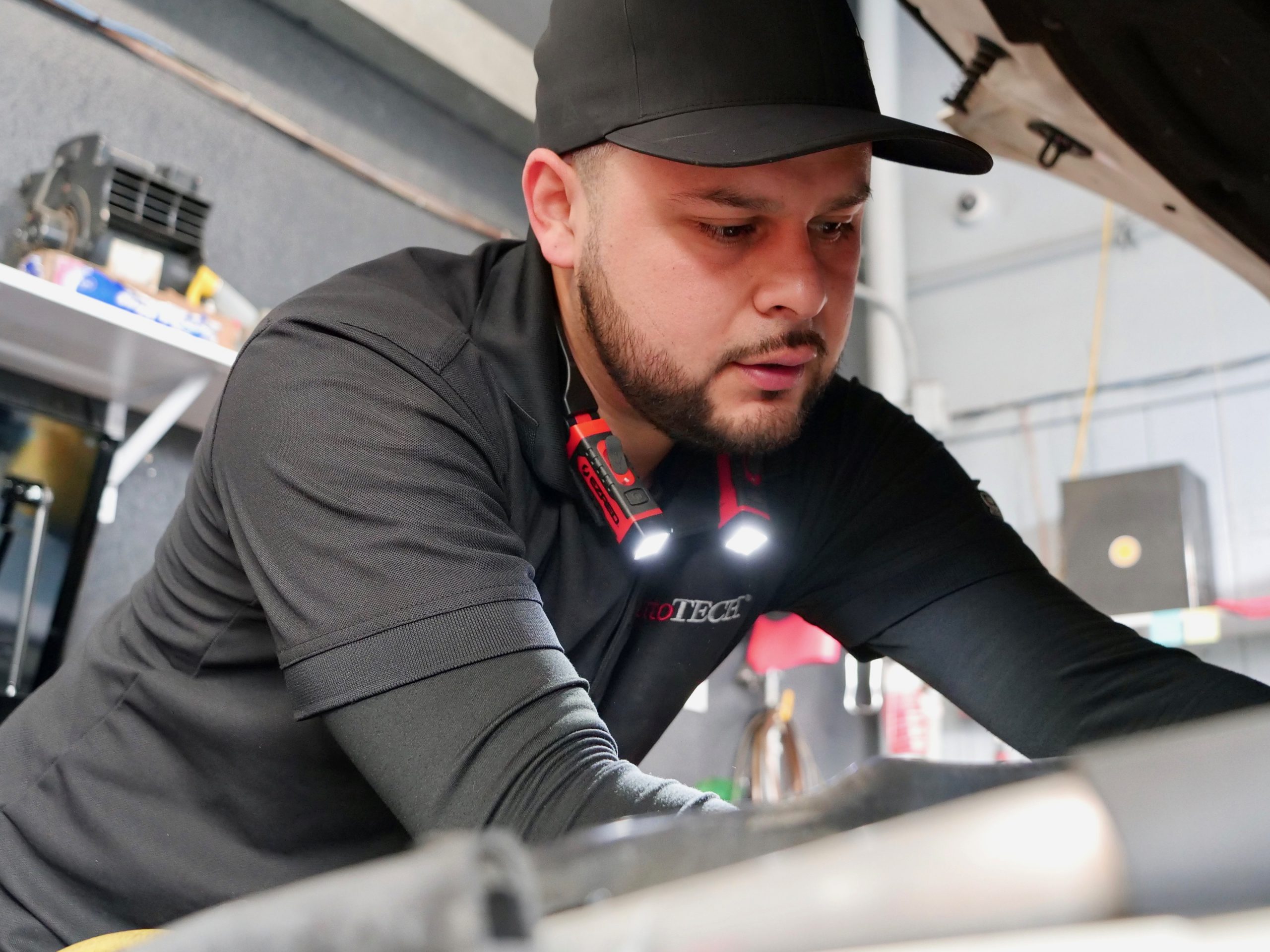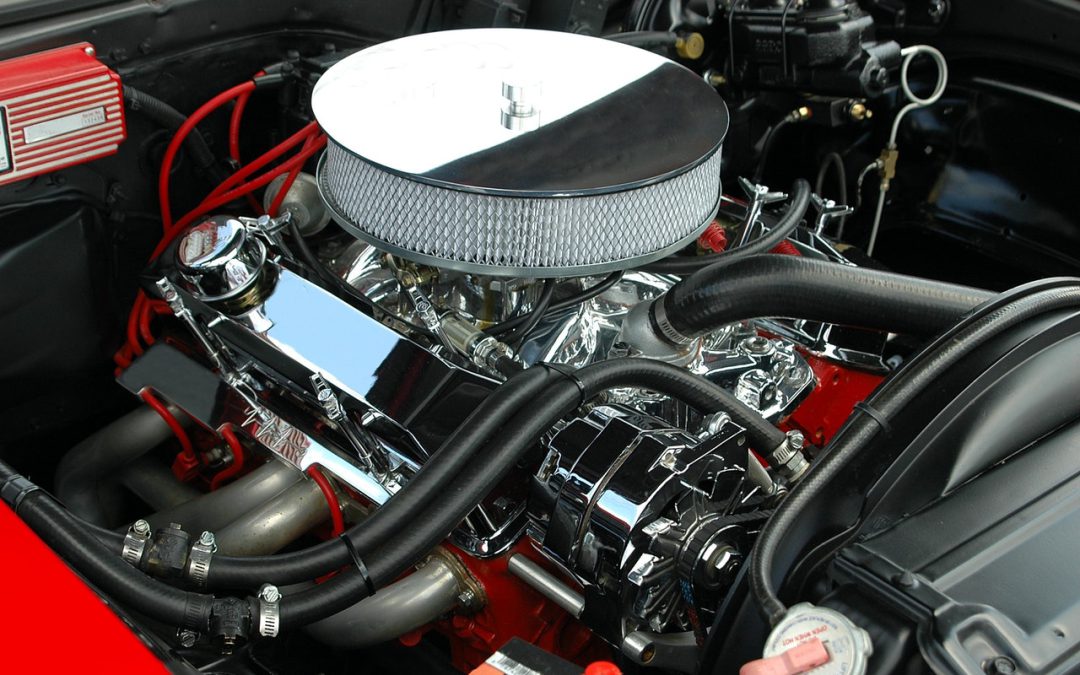Unraveling the mysteries behind car troubles, let’s delve into the intricate link between car alternator failure and battery health. Understanding this connection is key to maintaining a reliable vehicle. A malfunctioning alternator can wreak havoc on your battery’s longevity and performance, leading to unexpected breakdowns and costly repairs. By grasping how these components interact, you can proactively safeguard your car’s electrical system and extend its lifespan.
Understanding Car Components
Battery Functions
Car batteries are crucial for providing power to start the engine and supplying electricity to various components. The primary function of a car battery is to store electrical energy and kick-start the vehicle’s engine. It acts as the initial power source for the ignition process, enabling the engine to come to life. Without a functional battery, the entire vehicle would be unable to start or operate.
The battery supplies electricity not only to start the engine but also to power essential components such as lights, radio, and air conditioning. These components rely on the stored energy in the battery to function properly. Therefore, a healthy battery is vital for ensuring that all electrical systems within the car operate seamlessly. Regular maintenance and checks on the battery’s health are necessary to prevent unexpected failures that could leave you stranded.
Alternator Functions
The alternator plays a critical role in charging the car battery while the engine is running. It works by converting mechanical energy from the engine into electrical energy, which is then used to charge the battery. This continuous charging process ensures that the battery remains at optimal levels for powering various electrical components in the vehicle.
While the engine is running, it is the alternator that powers the entire electrical system, including lights, radio, and other accessories. Without a functioning alternator, these components would drain power from the battery quickly, leading to a dead battery and potential vehicle breakdown. The alternator essentially acts as a generator within your vehicle, ensuring a steady supply of electricity to keep everything running smoothly.
Signs of Failure
Bad Battery Symptoms
Car owners may notice warning signs of a bad battery, such as struggling to start the vehicle. Dim or flickering lights are common symptoms that point towards potential battery issues. A battery with a short lifespan could be indicating underlying problems.
A bad alternator can manifest in various ways, including voltage drops and engine vibrations. When an alternator is failing, the car might unexpectedly die even after a jump start. Checking the battery voltage is crucial in diagnosing potential alternator issues.
Bad Alternator Symptoms
- Voltage drops
- Engine vibrations
- Car dying after jump start
Causes of Failure
Battery Issues
Batteries deteriorate due to extreme temperatures, impacting their performance and lifespan significantly. Irregular use and poor maintenance practices accelerate battery health decline. Connected accessories like high-powered sound systems can strain the battery, leading to premature failure.
Alternator Problems
Alternator failures are often caused by age-related wear, where components simply reach the end of their lifespan. Fluid leaks onto the alternator can disrupt its functionality, causing it to fail. Exposure to elements like salt and water intrusion can result in severe alternator damage.
Differentiating Failures
Battery vs. Alternator
The battery in a vehicle primarily stores and provides electrical energy to start the car’s engine. It acts as a power source for ignition and lighting systems. On the other hand, the alternator functions as a generator that charges the battery while the engine is running.
The battery kickstarts the car by supplying the initial power needed to turn on the engine. It provides electricity for essential components like lights, radio, and air conditioning when the car is not running. In contrast, the alternator takes over once the engine is running, replenishing the battery’s charge and powering all electrical systems.
These two components work hand in hand to ensure a vehicle’s electrical system operates smoothly. The battery serves as a reservoir of power for starting the car and running accessories when stationary, while the alternator sustains this power supply during operation by recharging the battery continuously.
Jump-Starting Insights
With Faulty Alternator
Driving with a faulty alternator can lead to severe consequences. The alternator is responsible for charging the battery while the engine is running. If it fails, the battery will not receive a charge, causing it to deplete quickly. This can result in the vehicle stalling unexpectedly, leaving you stranded.
A bad alternator can have a detrimental impact on the vehicle’s electrical components. Without a functioning alternator, essential systems such as lights, power windows, and air conditioning may start to malfunction or stop working altogether. This not only affects the comfort of your drive but also poses safety risks, especially at night.
Relying on a car with a failing alternator is extremely risky. As the battery drains due to lack of charging, it can eventually lead to complete battery failure. When this happens, even jump-starting the car may not be enough to get it running again. Moreover, continuing to operate a vehicle with a failing alternator can cause further damage to other parts of the car’s electrical system.
Operating with Faults
Vehicle Operation
When a car operates with a faulty alternator, it struggles to charge the battery adequately. This leads to diminished power for essential functions like lights and electronics.
Driving with a failing alternator or battery can be risky as it may cause the vehicle to suddenly stall. The lack of power from the alternator can result in the battery being drained, leading to a complete shutdown.
Continuing to drive with battery or alternator issues can potentially damage other components of the vehicle. It puts stress on the engine and electrical system, increasing the likelihood of costly repairs.

Troubleshooting Tips
Identifying Failure
Visual Inspection
To ensure optimal battery health, visually inspecting the battery is crucial. Look for any signs of degradation, such as corrosion around battery points. Dashboard warning lights can also be indicative of potential battery issues.
Electrical Tests
Conducting electrical tests plays a vital role in diagnosing battery health. Testing the battery voltage accurately reveals its current condition. Checking electrical components for proper functioning is essential to identify any underlying problems.
Repair Solutions
Fixing Battery
To fix a bad battery, start by disconnecting the negative cable, cleaning any corrosion with a mixture of baking soda and water. Reconnect the cables tightly to ensure a secure connection. Consider using a battery charger to revive a weak battery.
For a deteriorated battery, the process involves safely removing the old battery, disposing of it properly, and installing a new one. Ensure the new battery is compatible with your vehicle’s specifications to avoid any issues.
Maintenance tips play a crucial role in extending battery life. Regularly check the battery’s fluid levels, keep terminals clean, and secure all connections. Avoid leaving electronics running when the engine is off to prevent draining the battery unnecessarily.
Fixing Alternator
Repairing a faulty alternator can involve fixing leaks by replacing gaskets or seals. Check for any loose connections or damaged wiring that could be affecting the alternator’s performance.
When replacing an old or damaged alternator, disconnect the negative cable, remove the drive belt, unbolt the old alternator, install the new one, and reassemble everything carefully. Test the new alternator to ensure it is functioning correctly.
Regular maintenance such as checking belts and connections, ensuring proper tension on belts, and inspecting for any signs of wear can help prevent alternator issues. Keeping up with routine inspections can catch potential problems early on before they escalate.
Managing Electrical System
Preventive Measures
To maintain battery and alternator health, it’s crucial to implement preventive measures. Regularly checking the system voltage can help identify issues early on. Ensuring that the alternator is charging the battery correctly is essential for longevity.
Implementing simple practices like keeping battery terminals clean can significantly impact overall system performance. Using a multimeter to check the system voltage periodically is a proactive step in preventing failures.
Regular inspections of the electrical system can detect potential problems before they escalate. Addressing any issues promptly can prevent more significant damage to both the alternator and battery. A well-maintained system leads to better overall vehicle performance.
Taking care of the electrical components through preventive measures not only extends their lifespan but also ensures a reliable driving experience. By incorporating these practices into routine maintenance, drivers can avoid unexpected breakdowns.
Final Remarks
You now grasp the critical link between your car’s alternator and battery health. Understanding the signs, causes, and solutions to failures empowers you to navigate potential issues confidently. By differentiating failures and learning jump-starting insights, you enhance your troubleshooting skills, ensuring your vehicle runs smoothly. Operating with faults compromises not only performance but also safety. Remember, managing your electrical system diligently is key to avoiding costly repairs and breakdowns.
Take charge of your car’s maintenance by applying these insights. Regular checks and prompt action on any issues will keep your alternator and battery in top condition. Your proactive approach will not only save you money in the long run but also guarantee a stress-free driving experience. Stay informed, stay proactive, and keep your car running smoothly.
Frequently Asked Questions
1. What are the common signs of car alternator failure?
Car alternator failure signs include dimming headlights, dashboard warning lights, strange noises, and difficulties starting the vehicle. If you notice these symptoms, it’s crucial to address them promptly to avoid further damage.
2. What are the main causes of car alternator failure?
The primary causes of car alternator failure are worn-out brushes, belt issues, electrical problems, or simply old age. Regular maintenance and timely replacement of worn components can help prevent alternator failures.
3. How can I differentiate between car battery and alternator failures?
To distinguish between battery and alternator issues, conduct a simple test using a multimeter to check voltage levels. If your battery is fine but the alternator is faulty, the voltage reading will be low while the engine is running.
4. Is jump-starting a safe solution for a failing car alternator?
Jump-starting a vehicle with a failing alternator is a temporary fix and not recommended as a long-term solution. It can strain the battery and may cause further damage to both the battery and alternator. Seek professional assistance for a lasting repair.
5. What are some troubleshooting tips for diagnosing car alternator issues?
When troubleshooting car alternator problems, inspect the drive belt for wear, check electrical connections for corrosion, and test the voltage output using a multimeter. These steps can help identify potential issues with the alternator system.
Are You in Need of Professional Car Alternator Repair Services?
Experience the unparalleled expertise of autoTECH Blackhawk in the realm of car alternator repairs. Why choose autoTECH Blackhawk for your alternator repair needs? Our hallmark is our unwavering commitment to building lasting relationships with our customers, a crucial aspect in the complex domain of car electrical systems and their maintenance. This commitment is the cornerstone of our tailored service, guaranteeing that our alternator repair solutions are precisely tailored to meet your individual needs and objectives for your vehicle’s electrical performance and reliability.
Whether you’re troubleshooting a difficult alternator issue, dealing with your car’s electrical failures, ensuring the electrical system’s efficiency of your family car, or seeking expert advice on any electrical system anomalies, autoTECH Blackhawk stands as your reliable ally. We are proud of our industry-leading 3-year/36,000-mile warranty and our promise to utilize only Original Equipment and manufacturer-recommended parts, assuring your complete satisfaction with our alternator repair services. Don’t hesitate to contact our friendly team today to schedule a convenient and contactless consultation for your car’s alternator repair needs!


